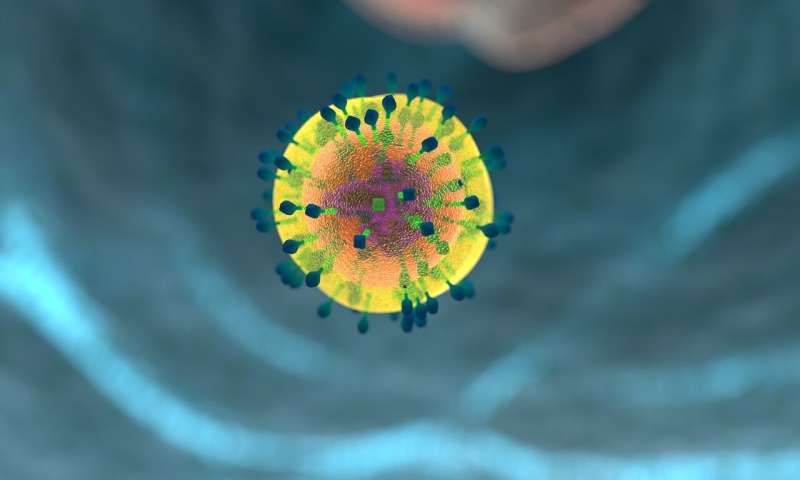
In the last few years, an alternative for these cases has emerged: a cell therapy known as CAR-T that collects the T-lymphocytes of these patients, modifies them through genetic engineering in the laboratory and administer them again to the patient so that they attack the cancer more effectively. This strategy has meant a revolution in the treatment of hematological malignancies. This innovative new cellular medicine, also called chimeric antigen receptor T-lymphocyte therapy (CAR-T), is not without problems that can be summarized in the appearance of side effects, cases that are insensitive to the therapy and its high economic cost. Therefore, it would be very important to be able to select which patients are most likely to benefit from the use of CAR-T cells and understand how to improve the healing abilities of these cells.
In an article published in September 28th in The Journal of The National Cancer Institute, the official magazine of the National Cancer Center (NCI) of the United States, the group of Dr. Manel Esteller, Director of the Josep Carreras Leukemia Research Institute (IJC), ICREA Research Professor and Professor of Genetics at the University of Barcelona, shows that the profile of chemical modifications of the DNA of CAR-T cells administered to the patient determines their clinical efficacy. The study was made possible thanks to the collaboration with researchers from the Barcelona Clinic Hospital, the Bambino Gesù Pediatric Hospital in Rome and the Sheba Medical Center in Israel, all of them pioneers in this novel therapy.
Source: Read Full Article
